In the present jewel-like painting, de Ferg captures a moment of respite amidst the journey of life. Two travelers can be seen sitting to the left, pausing for a moment of rest, perhaps reflecting on the path they've traveled and the one that lies ahead. Meanwhile, a lone traveler atop a magnificent white horse engages in conversation with a couple, perhaps he is asking them for directions. In the distance, the landscape unfolds in all its glory, a majestic mountain bathed in the warm hues of the setting sun. The golden light casts a serene glow over the scene, imbuing it with a sense of tranquility and beauty. Amidst the natural splendor, a fortified village stands as a testament to human resilience and ingenuity, a beacon of civilization amidst the untamed wilderness. Above it all, the sky is adorned with impressive white clouds, their billowing forms adding a touch of drama and grandeur to the scene. It's a moment frozen in time, where the beauty of nature and the fleeting connections between fellow travelers converge, reminding us of the profound beauty and poignancy of the journey we all share.
The painting has been painted on a copper support, which has ensured that the vibrancy and intensity have survived so well through the centuries.
Franz de Paula Ferg, was born on May 2, 1689 in Vienna and is also known as Francis Paul Ferg. He distinguished himself as an Austrian painter, draughtsman, and printmaker. His artistic journey began under the tutelage of his father, the esteemed history painter Adam Pancraz Ferg. After initial training, Ferg further honed his skills under the guidance of various mentors in Vienna. Notably, he studied under Joseph Orient, a renowned landscape painter, where he immersed himself in the depiction of landscapes and the integration of figures into his compositions.
Ferg's oeuvre primarily focuses on capturing scenes of everyday life, particularly interactions in bustling markets and tranquil landscapes, of which the present painting is a lovely example. His style bore influences from notable artists such as Callot and Le Clerc, whose engravings left a lasting imprint on his artistic expression. Furthermore, his studies under Hans Graaf and interactions with landscape-painter Alexander Thiele enriched his artistic vocabulary, leading to the development of his signature style characterized by meticulous detail and vibrant colors. His artistic legacy endures through his works, which can be found in private collections and in esteemed public galleries worldwide, including those in Brunswick, Dresden, and Vienna.
The oil on copper measures ca. 33 cms by 26,5 cms and with its frame ca. 41 by 34.5 cms.
Literature on the artist:
E. Herrmann-Fichtenau, 'Ferg, Franz de Paula', 'The Dictionary of Art', ed. j. Turner, 1996
L. H. Cust, ‘Ferg, Franz de Paula (1689–1740)’, rev. Sarah Herring, ODNB, Oxford,2004
U. de Goede-Broug, 'De Hongaars-Oostenrijkse landschapsschilder Josef Orient (1677-1747). Meer dan slechts een epigoon van Saftleven en Griffier; een eerste verkenning', in: Ch. Dumas et al. (ed.), Liber Amicorum Marijke de Kinkelder. Collegiale bijdragen over landschappen, marines en architectuur, The Hague 2013, p. 159-174
H. Marx, 'Thiele trifft Ferg', Weltkunst 73 December (2003), p. 2104-2107
Provenance:
Habsburg Feldman NY, 9 January 1990 as Franz Paula De Ferg (estimated 12000-16000 USD)
Private collection Switzerland























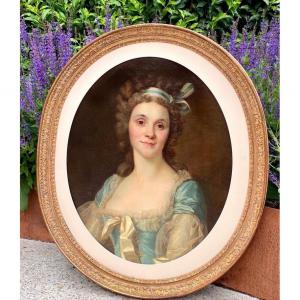
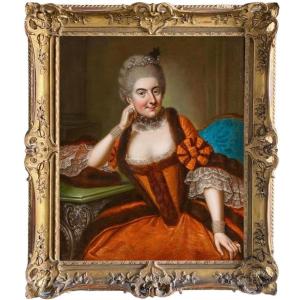
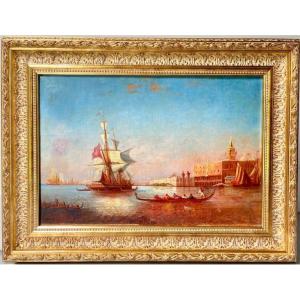
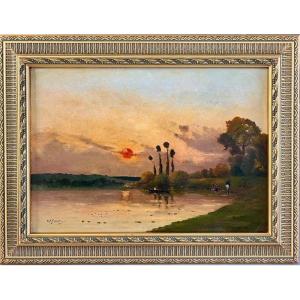
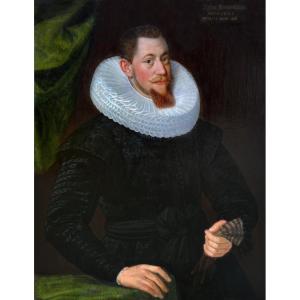
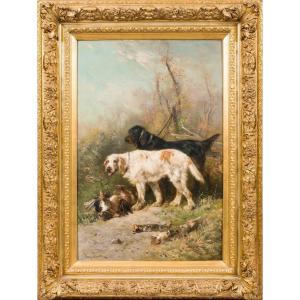



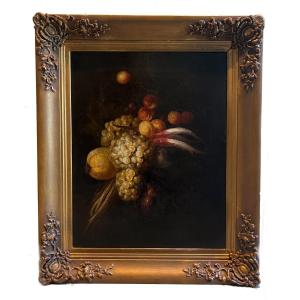




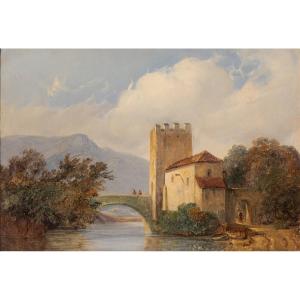
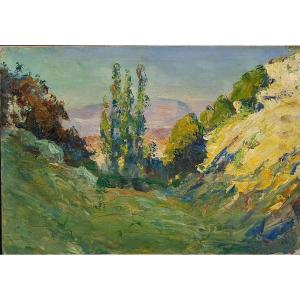
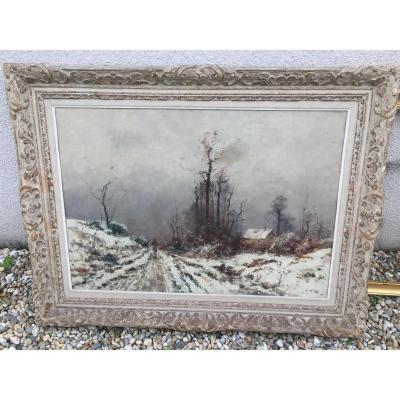

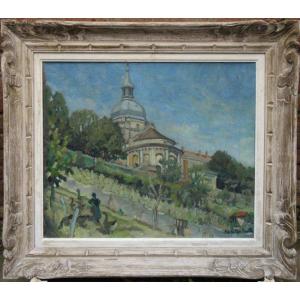



 Le Magazine de PROANTIC
Le Magazine de PROANTIC TRÉSORS Magazine
TRÉSORS Magazine Rivista Artiquariato
Rivista Artiquariato